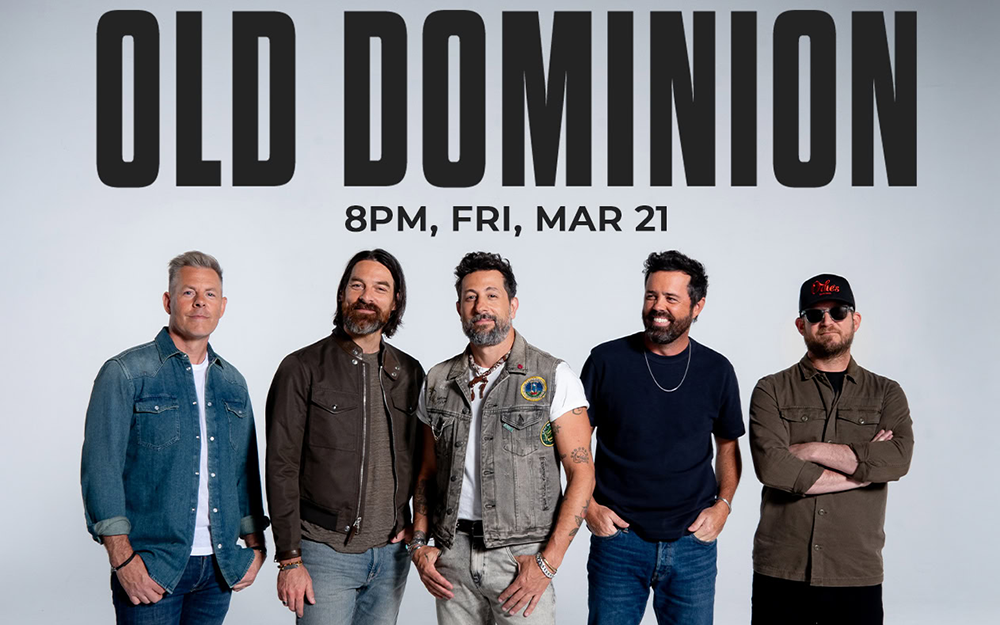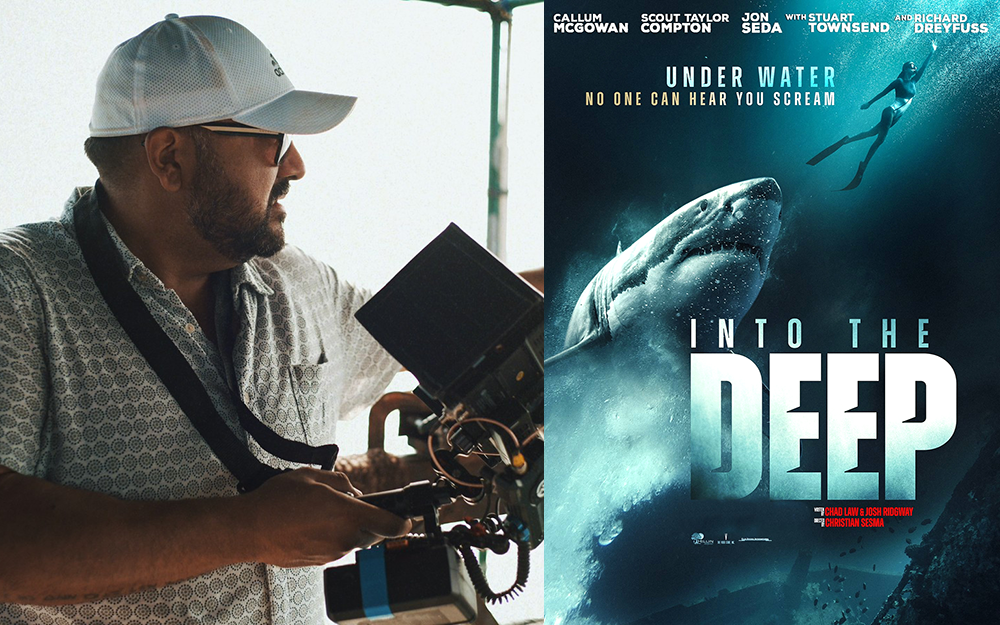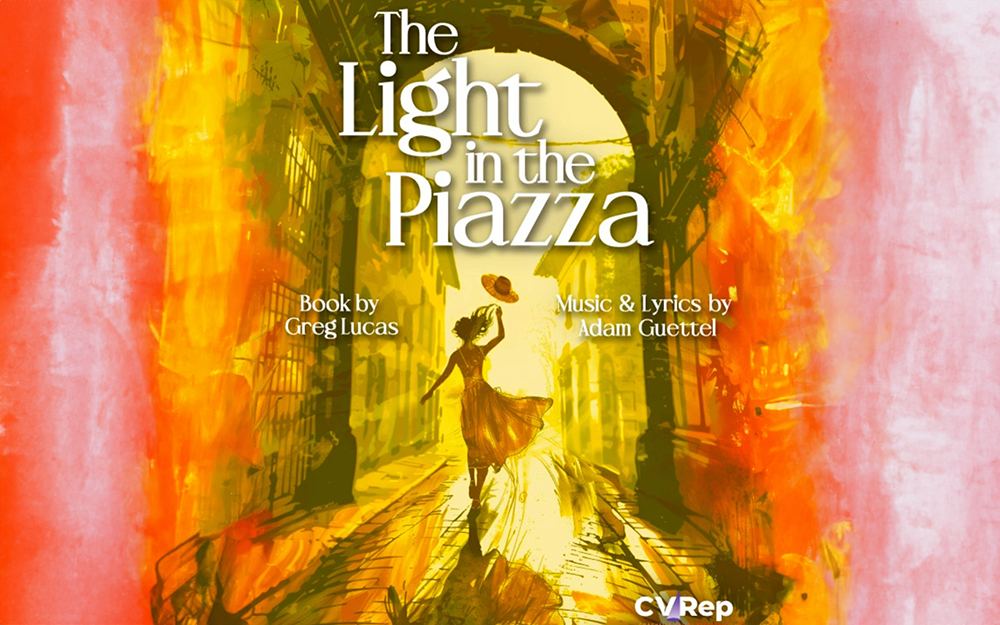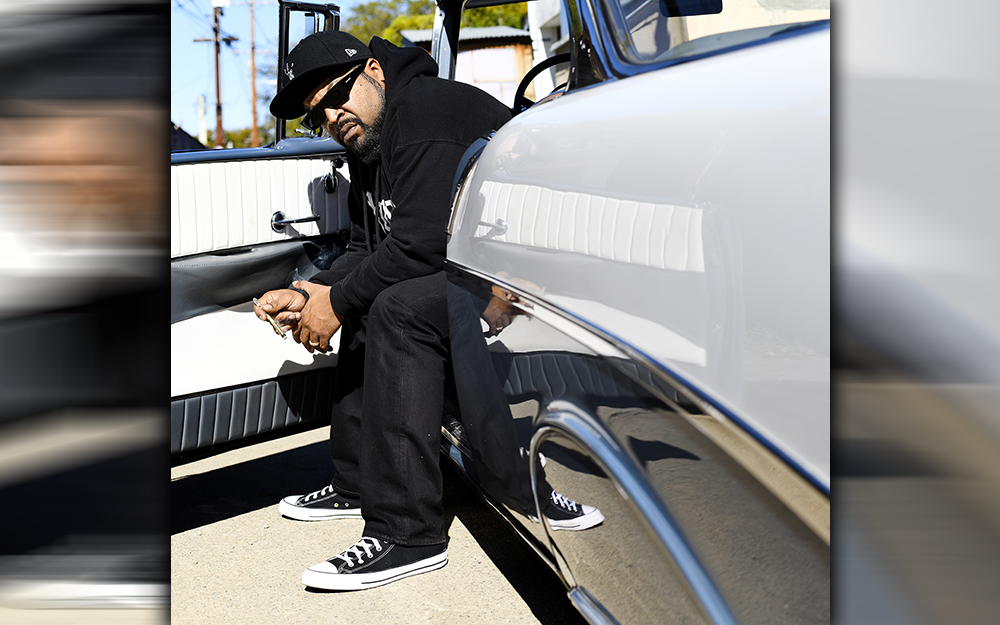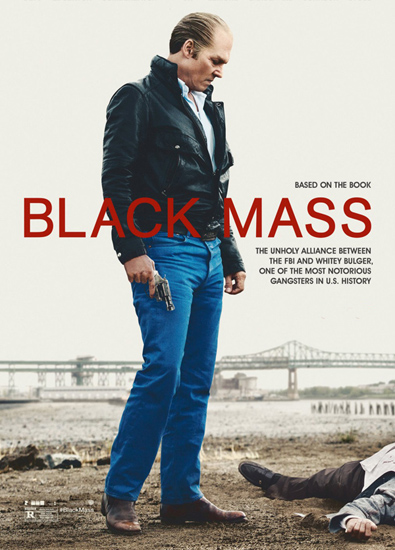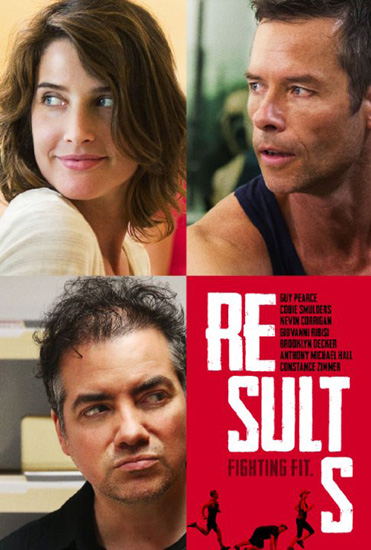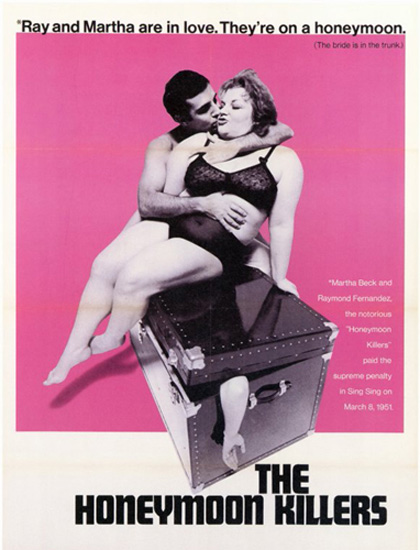
By Robin E. Simmons
Finally a role for Johnny Depp that reminds of his for formidable powers to pretend and role-play on a grand, visceral scale that sidesteps his recent tendency to embrace essentially white-faced comic characters and foppish villains. Playing Boston’s Irish mob boss Whitey Bulger, Depp exudes an unrelenting and energized malevolence that chills.
The movie, set in 1970s South Boston, is based on the best-selling book of the same name, not only recounts the vicious psychopath’s brutal crimes, but also makes clear the FBI was a cold-blooded partner in warning and essentially protecting Bulger in exchange for his cooperation as an informant in their war against the Mafia. In fact, Depp as Bulger actually says: “We get the FBI to fight our wars, and we get to do whatever we want to do!” That’s about as horrifying a line as any I’ve heard recently on the big screen. More so since it’s all based on a real person and true events.
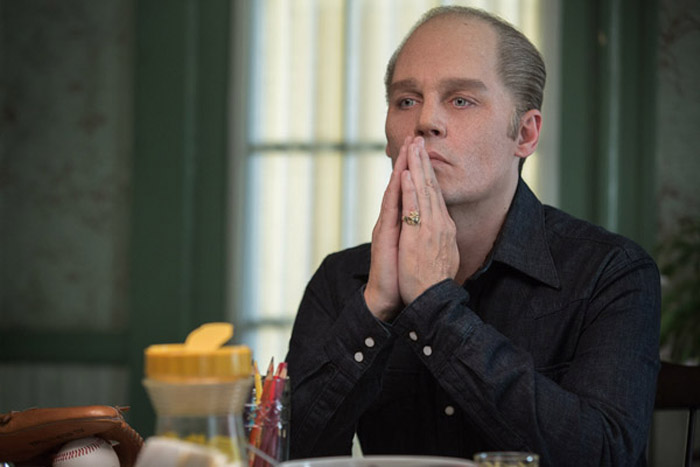 When FBI Agent John Connolly (Joel Edgerton) talks Bulger into being an informant, he agrees thinking it will eventually eliminate a common enemy. The center of this terrific drama is recounts how this arrangement not only spiraled out of control but stole the soils of those involved and destroyed the lives of those caught in the cross currents as Whitey rose to become the most powerful and ruthless gangster in the city’s dark criminal history. I was riveted as much by the story as I was by the performances, especially Depp’s. Gangster movies have a long history in American films and BLACK MASS takes it’s place among the more memorable. Benedict Cumberbatch and Peter Sarsgaar co-star. Scott Cooper directs with a clear eye for the core conflict. Now playing.
When FBI Agent John Connolly (Joel Edgerton) talks Bulger into being an informant, he agrees thinking it will eventually eliminate a common enemy. The center of this terrific drama is recounts how this arrangement not only spiraled out of control but stole the soils of those involved and destroyed the lives of those caught in the cross currents as Whitey rose to become the most powerful and ruthless gangster in the city’s dark criminal history. I was riveted as much by the story as I was by the performances, especially Depp’s. Gangster movies have a long history in American films and BLACK MASS takes it’s place among the more memorable. Benedict Cumberbatch and Peter Sarsgaar co-star. Scott Cooper directs with a clear eye for the core conflict. Now playing.
NEW FOR THE HOME THEATER:
Writer-director Andrew Bujalski’s rambling but amiable romantic comedy works because the terrific cast offers so much more than what’s on the pages of the undeniably lightweight screenplay about an off-beat love triangle of sorts. When Danny (a terrific Kevin Corrigan), newly divorced and suddenly rich, randomly joins a gym he says to get in shape and be able “to take a punch,” we see it’s really to lift his depression and boredom. To find out what, if anything, happens when Kat (Colby Smulders), the gym’s ambitiously determined trainer works with Danny during which he inadvertently becomes involved in the nebulous relationship between Kat and Trevor (Guy Pierce), the gym’s buff owner and Youtube guru, is the only reason why I kept watching. Giovann Ribisi, Brooklyn Decker and Anthony Michael hall are wasted in non-essential scenes. I never laughed out loud, but I was semi-engaged till final fade out. Magnolia. Blu-ray.
THE HONEYMOON KILLERS
Writer-director Leonard Kastle’s low-budget, certified cult classic, is based on a true crime the press dubbed “The Lonely Hearts Killers” for which real life murderers Raymond Fernandez and Martha Beck were both executed at Sing Sing.
The no-nonsense straightforward drama, shot in effective black and white, unfolds like a documentary – and that makes it all the more raw and gripping. Tony Lo Bianca plays smooth-talking, Spanish immigrant Fernandez and Shirley Stoler is his sullen, overweight nurse accomplice. After meeting as pen pals while Fernandez was still in prison, they apparently fell in love.
The couple’s post-prison plan was to pose as brother and sister and bilk rich widows out of their inherited fortunes. This unsettling movie is as much about the loneliness and desperation of vulnerable women as it is about those who exploit and violate that sad condition.
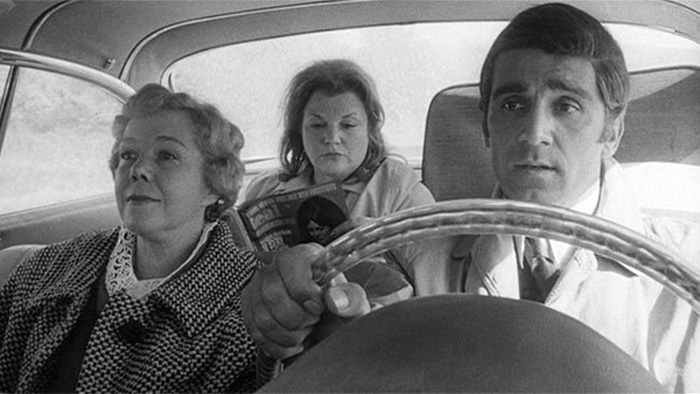 The new 4K digital restoration, with uncompressed monaural soundtrack is crisp and clean. Fascinating extras include a 2003 interview with writer-director Leonard Kastle; “Love Letters,” a new interview program by Robert Fischer, featuring actors Tony Lo Bianco and Marilyn Chris and editor Stan Warnow; “Dear Martha . . .,” a new video essay by writer Scott Christianson, author of “Condemned: Inside the Sing Sing Death House” and there’s a perceptive print essay insert by jazz and film critic Gary Giddins. Criterion. Blu-ray.
The new 4K digital restoration, with uncompressed monaural soundtrack is crisp and clean. Fascinating extras include a 2003 interview with writer-director Leonard Kastle; “Love Letters,” a new interview program by Robert Fischer, featuring actors Tony Lo Bianco and Marilyn Chris and editor Stan Warnow; “Dear Martha . . .,” a new video essay by writer Scott Christianson, author of “Condemned: Inside the Sing Sing Death House” and there’s a perceptive print essay insert by jazz and film critic Gary Giddins. Criterion. Blu-ray.
Comments? robinesimmons@aol.com




